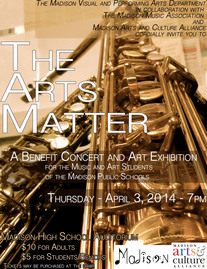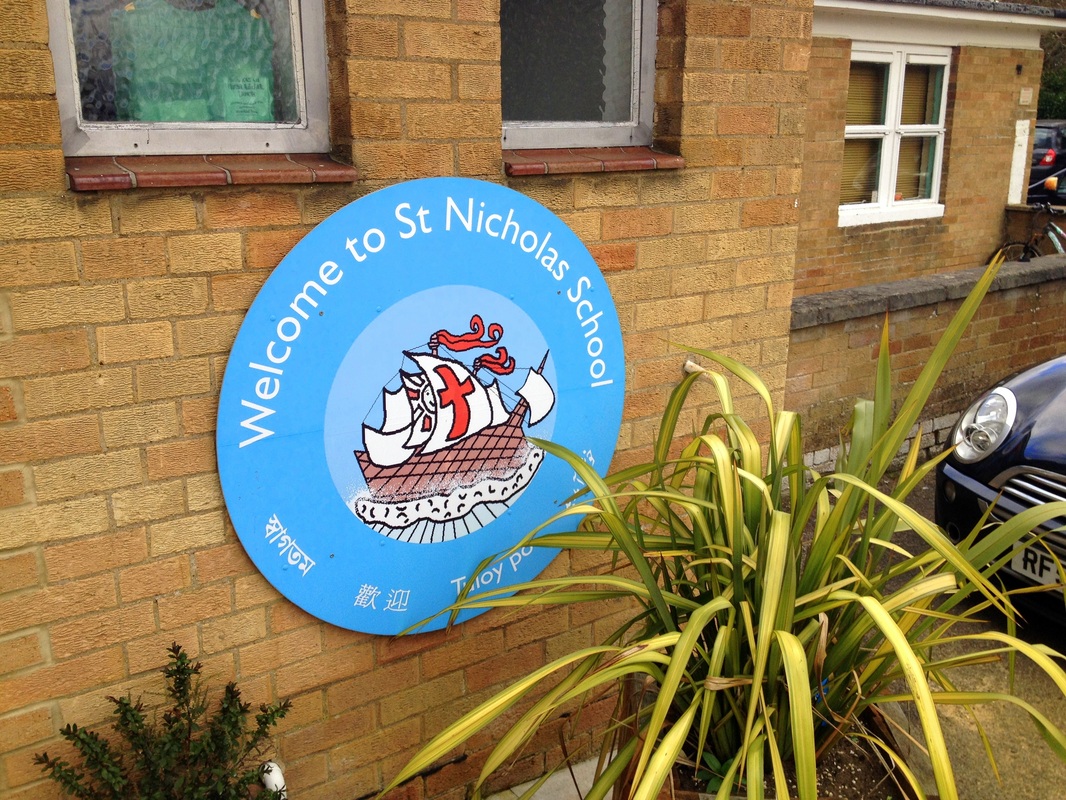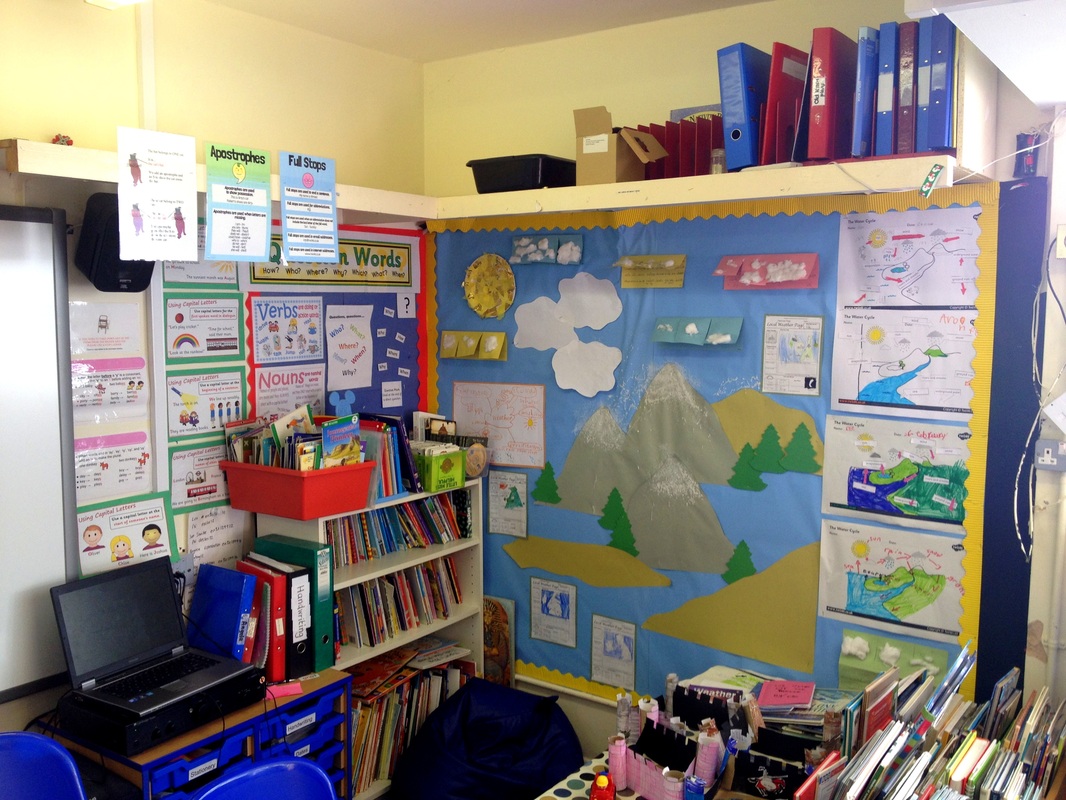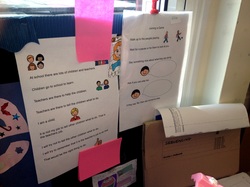I asked my Aunt Mary, active music education advocate and singer in the Madison-based band Rosewood, to do some research on a local music booster group of which she has been a member for many years: the Madison Music Association. Oddly enough, her name also lends well to my attempts at alliteration...
A few summers ago I was out in my backyard planting flowers when I heard a curious hammering sound. It sounded like construction but too specific and metered. (My husband and his brother spend their lives on building sites: I know what construction sounds like.) For the next few weeks I heard this sound from time to time and I couldn’t for the life of me figure out what it was. I cannot remember how I finally became enlightened to the fact (or who told me), but it turned out to be a woodblock metronome belonging to the marching band, the newest part of the music program at Madison High School. I was very excited to have them practicing so close to my house, mainly because I was in marching band in high school and have many fond memories of those days of practice and football games. However, I could not believe that our high school (that I knew was filled with so many talented teens) did not have a marching band before this summer.

I had been a member of the Madison Music Association (MMA), a non-profit corporation, for many years, since my oldest was in first grade. In fact, I was the MMA liaison between the elementary school and the high school. I had only attended a few meetings, so it made sense that I had no idea we didn’t have a marching band. By the time the year was over, that new marching band leader took those kids from beginners to award-winning marchers. It was amazing to see what a little passion, and a lot of hard work, had created.
The MMA was established sometime in the 1970s primarily to supplement the music program. I have seen it transform over the last 10 years and in particular the last 3 years it has become a phenomenal force in the Madison public school system. The goal in the by-laws of the MMA is to create a meaningful relationship between the parents, students, music and arts faculty, and the public. It supports the students, faculty and all the visual and performing arts programs of the Madison Public Schools, kindergarten through twelfth grade. The organization constantly provides assistance and encouragement, along with financial assistance to applicants of the summer music program and aid in defraying administrative expenses associated with arts education.
The MMA was established sometime in the 1970s primarily to supplement the music program. I have seen it transform over the last 10 years and in particular the last 3 years it has become a phenomenal force in the Madison public school system. The goal in the by-laws of the MMA is to create a meaningful relationship between the parents, students, music and arts faculty, and the public. It supports the students, faculty and all the visual and performing arts programs of the Madison Public Schools, kindergarten through twelfth grade. The organization constantly provides assistance and encouragement, along with financial assistance to applicants of the summer music program and aid in defraying administrative expenses associated with arts education.
| We sponsor many fundraising events such as the ever-popular “Dessert and Jazz.” This yearly event combines dessert in the cafeteria with coffeehouse-style entertainment from auditioned high school students, followed by an energetic jazz band concert in the auditorium. “Arts Matter,” a concert put on by the music teachers, is another successful event as the students enjoy watching all of their skillful music teachers turn into talented performers. Two more favorites are the “District Strings Festival” and “Bandapalooza,” which pull all orchestra and band students in grades 6-12 together to make music. We have also granted a number of extremely useful items to the Madison public schools. Band shells, sound systems, posture chairs, piccolos, ukuleles and a marimba are just some of the fun and exciting additions to our band rooms and stage. This fall the Madison Junior School did not have the funding it needed to present a fall play, so the MMA stepped in and granted money to reinstate the Fall drama (which my daughter was in) and the play was a wonderful success. |
The MMA officers are a group of parents of Madison K-12 students currently participating in any of the music or art programs. The officers include a president, vice-president, secretary and treasurer with 1-year terms. The past few years, the MMA has been working on getting itself more well-known. It has been low-profile for a long time but through hard work and advertising with posters, banners, websites it has come a long way.
It's just $20 to support arts education in Madison schools and become a member of MMA.
Let me tell you, I have been the membership coordinator for over 7 years and have watched membership go from paper to electronic. I spent many a summer stapling and stamping to get those membership packets out in time for the August mailing before school starts. Now you can get the membership form online (see below), print it out and send in your dues!
It's just $20 to support arts education in Madison schools and become a member of MMA.
Let me tell you, I have been the membership coordinator for over 7 years and have watched membership go from paper to electronic. I spent many a summer stapling and stamping to get those membership packets out in time for the August mailing before school starts. Now you can get the membership form online (see below), print it out and send in your dues!
| mma_membership_2013-2014_form.pdf |







 RSS Feed
RSS Feed
